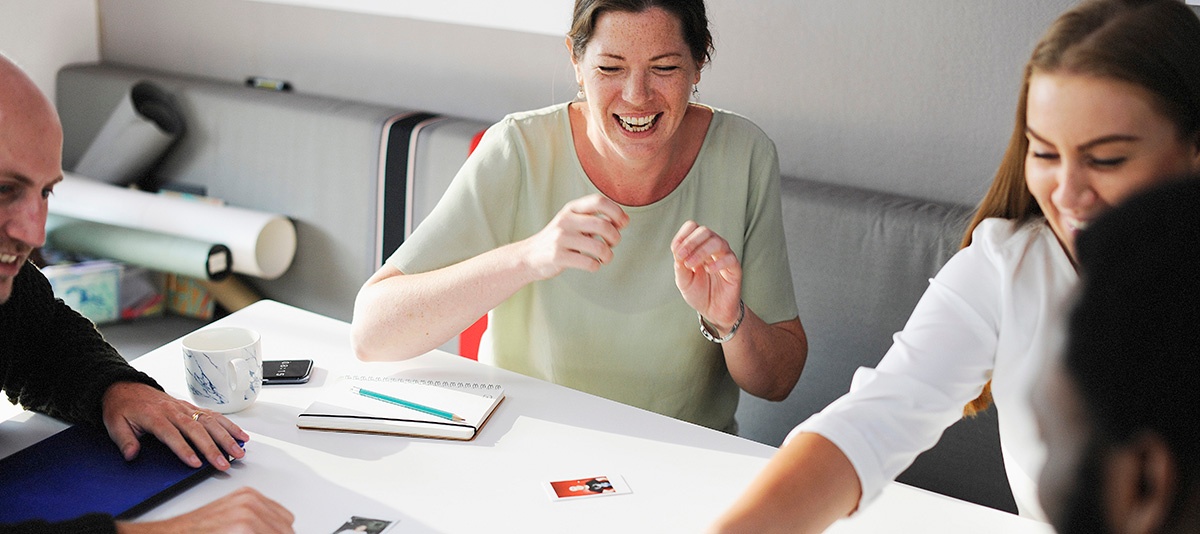
- Autism, transition
What Now? What to Expect When your Student Leaves for an Autism or LD Support Program

Typically, a teenager graduates high school and then the expectation is for them to go off to college and/or get a job and start being responsible. The reality is that students with autism or learning differences often benefit from having a gap period in which they have the time to build the skills and learn the strategies necessary to be successful on a college campus or workplace. Finding the right support program is often the key to facilitating the transition to the next steps in the “adulting” journey.
This can be a very scary time for your student but especially for you, the parent/caregiver. Anxiety runs high and the intention of this article is to better prepare you for what to expect when your student leaves for a support program for the first time.
The Good, the Bad, and the Ugly (hopefully mostly good!)
Living away from home for the first time provides students many opportunities to develop their own sense of identity. Typically, students experience less structure in their routine and they are expected to take more responsibility for their everyday care. They are also exposed to new ideas and values which could be both exciting and overwhelming.
Although we want our students to have an easy transition, it is important to know that your student is being challenged in areas that may feel uncomfortable and that growth happens when we stretch ourselves out of our comfort zone. You may notice the following behaviors that are not typical of your student but it is a sign of maturation and growth.
- Increased anxiety
- Possibility of regression
- Being very tired
- Testing limits
- Social withdrawal
- Argumentative
Although we may not want our students to be argumentative or test our limits, it is a sign that they are getting ready to assert themselves. At first, it may not always be in the most appropriate way but they are trying out their new role as an adult in the way they know. Here are few signs that your student is maturing into their adult self:
Self-Advocating
You may have had to advocate for your student through their challenging school years but now they have the opportunity to learn to assert themselves and ask for what they need. Learning how to be interdependent rather than dependent is a valuable skill. True independence is knowing who your support team is and who you could call on for assistance besides your immediate family.
Adult Relationships
Every family has a certain dynamic while their kids are still at home. Having your student be away at a support program is a wonderful gift that could allow space for family members to readjust their approach and hit the reset button. This is an opportunity to change your parenting approach and create a more adult relationship with your maturing child. We should not wait for our adult children to behave like adults before we shift our approach and treat them as adults. It is far too difficult to gauge when that is, so instead of meeting them where we think they are, let’s meet them where we want them to be.
Cognitive Shifts
Students that go away to transition programs are exposed to many new experiences and people. Through these experiences, our students are challenged to learn compromise, social tolerance and cognitive flexibility. As parents/caregivers, we tend to shy away from conflict and tension but don’t be afraid to ask questions, to have the uncomfortable conversations, and to be honest with your student.
Keep the Momentum Going
Your role as parent/caregiver has gone from being the director of your student’s life to now having a backstage supporting role. You will always be an important part of your student’s life but it is important for your student to have the starring role and feel that they are capable and have their own voice in their path toward independence. Their support network has expanded and now it also includes the transition program team.
Here are a few tips to promote independence:
- Speak to your program advisor in advance to see how you could support your student’s progress
- Communicate your expectations clearly and never assume!
- Set clear boundaries on what is acceptable
- Step back and allow the opportunity for mistakes
- Be forgiving of setbacks
- Acknowledge successes, no matter how small
- Trust that things will get easier with time; maturity is typically delayed in our students
- Let go of the timeline
- Accept your student where they are at and that they may have different goals than you
- Try not to pass judgement on decisions and life choices that are different than yours (Ask yourself if it is worth straining your relationship)
- Acknowledge and validate feelings without offering advice. Be a sounding board.
- Do not fix their problems; ask what steps they have taken to resolve the problem and direct them back to their advisor for guidance
- Have realistic expectations
What About You?
Think about your life before marriage and children. Were you an adventurer, poet, activist, best friend, artist, collector, musician, athlete, etc? It’s helpful to be prepared for the unknown and be ok with not knowing what’s next. Accept that your relationship with your student will change and that they might have different views from you. As parents/caregivers, all we really want is for our children to be healthy and happy. It definitely helps if they are able to be self-supporting and independent too! As your student enters a transition program, take a few minutes to ask yourself the following questions:
- How is my parenting approach helping my student move forward toward a more independent life?
- Am I giving my student the opportunity to learn from their mistakes and build their coping skills?
- Am I trusting others to assist my student in finding the support and resources they need to be successful?
- Am I spending any time focusing on my own needs?
This is an opportunity for you to reconnect with yourself and to focus on your needs, give yourself time to readjust and get used to “The New Normal”. Remember that you deserve to have your own time to focus on your needs. This is your time!
About the Author: Sharona Sommer
Our presenter, Sharona Sommer has worked in the field of Special Education for over 25 years supporting students and families in various positions throughout her career. For the past 15 years, Sharona has worked in various roles at CIP including Head Student Advisor, National Director of Family Services, and currently the National Director of Learning and Development. She previously found success by founding and running her own family coaching practice, where she had the privilege of working with families with neurodiverse teens and young adults to improve their relationships and reach their personal goals. Sharona is a nationally recognized speaker on topics of supporting students with differences and their families as they prepare to transition from high school to college or work.
Related Articles
- Home for the Holidays: Tips for Healthy Transitions for Individuals with Learning Differences
- Shining a Light on the Abilities and Achievements of Neurodivergent Young Adults by Giving Back
- The Impact of Transitions on Neurodivergent Young Adults
- Autism In Real Life, An Interview with CIP President Dan McManmon
- What to Expect When You’re Expecting…Your Student Home for Break!